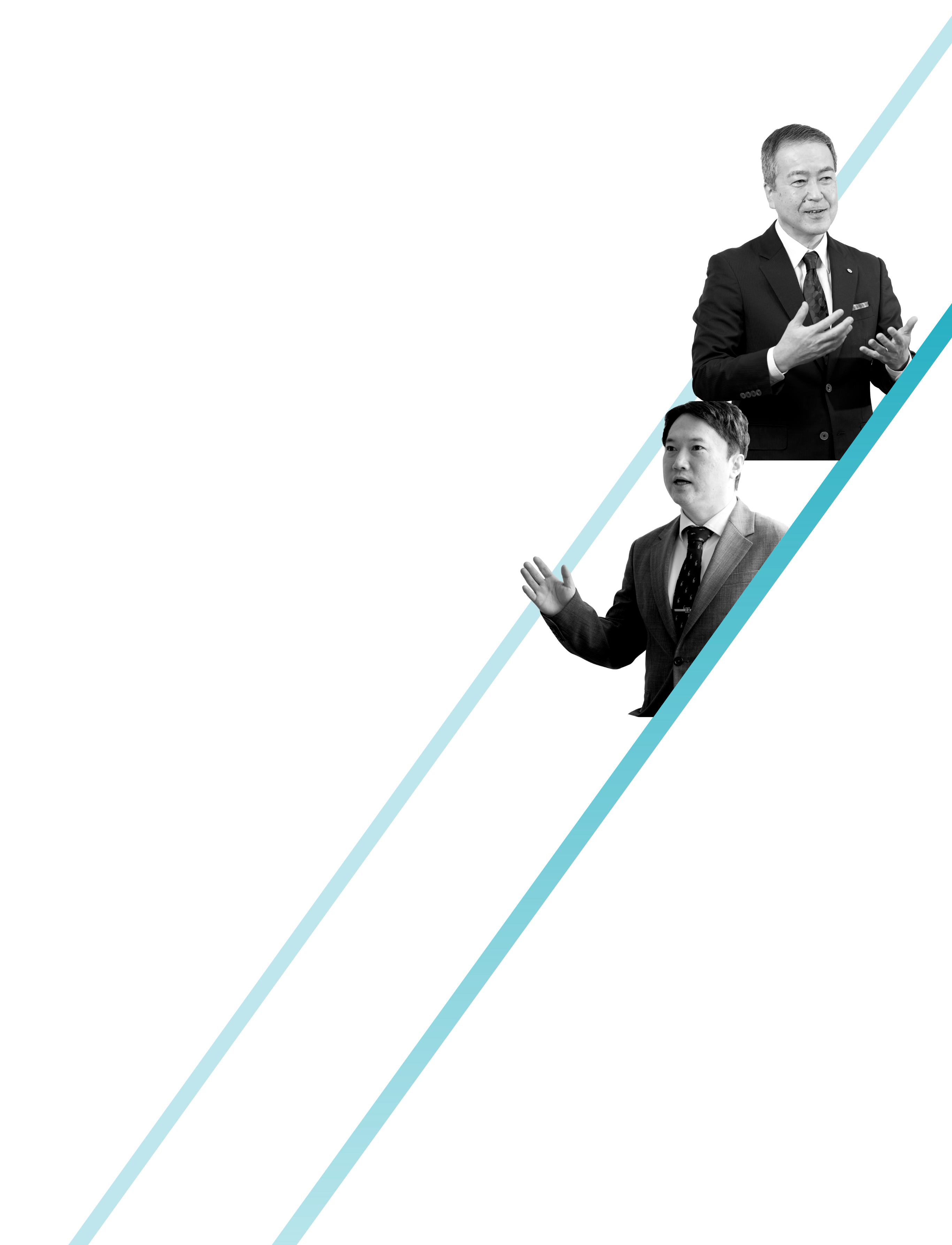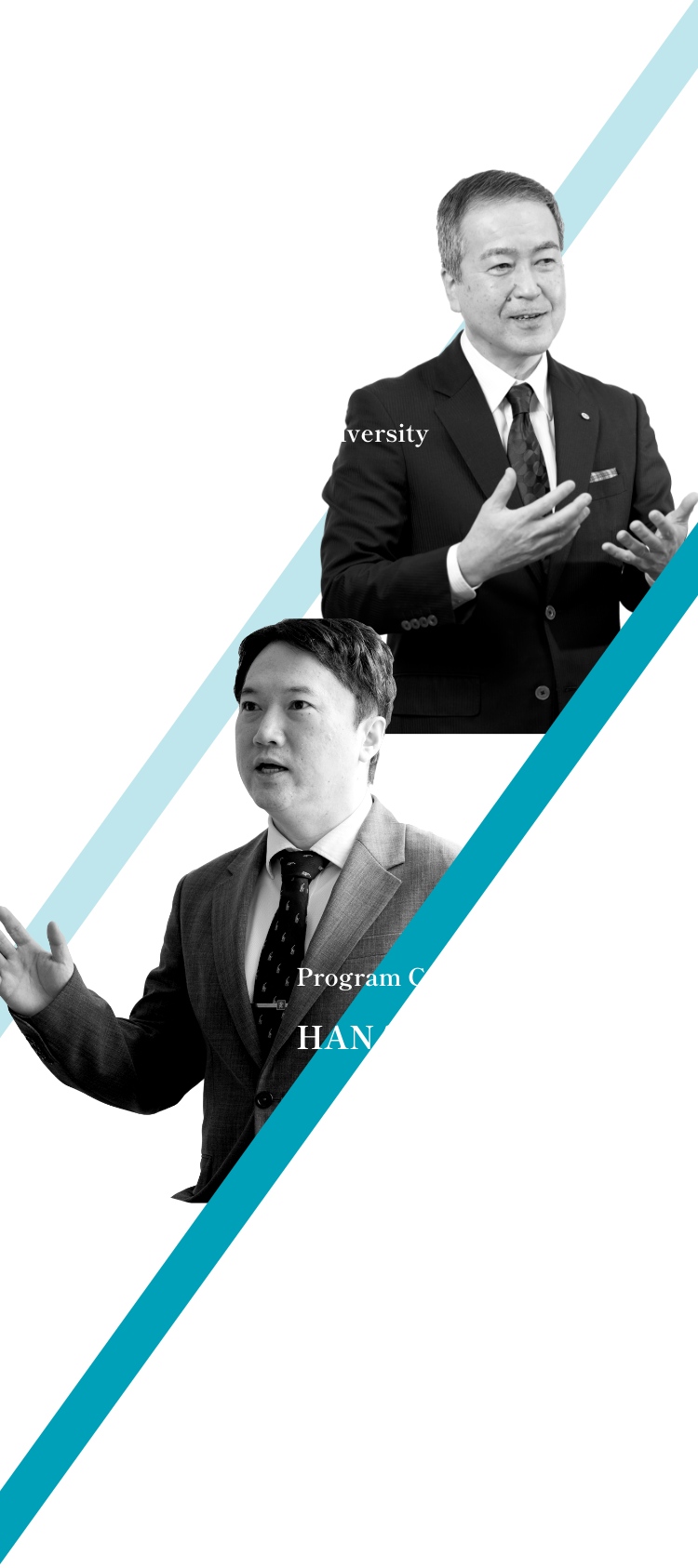Getting used to the changes is a good option.
But there is another one. “Making the changes”.
Today, the world might need someone to make the changes.
Mankind.. The world.. Are we saying too much? ..We are not.
With the knowledge and skills you can acquire in this program,
You may help the people who’s facing a variety of social issues
With our the state of the art education and technology,
You may make innovation happen for the health of mankind.
We hope that someday people from this program will make the changes.
The changes that mankind awaits and they all start from here.
Getting used to the changes is a good option.
But there is another one.
“Making the changes”.
Today, the world might need
someone to make the changes.
Mankind.. The world..
Are we saying too much? ..We are not.
With the knowledge and skills
you can acquire in this program,
You may help the people who’s facing a
variety of social issues
With our the state of the art education and
technology,
You may make innovation happen for the
health of mankind.
We hope that someday people from this
program will make the changes.
The changes that mankind awaits and they
all start from here.
PROGRAM
In 2015, "Precision Medicine" was proposed in the United States and has been attracting worldwide attention. Precision medicine aims at optimal treatment at the individual patient level by genetic analysis using the latest technology. However, genetic analysis alone is not sufficient and many diseases have not been overcome yet. Kanazawa University, by leveraging the strength of nanoprobe microscopes, is a pioneer in establishing a hub for interdisciplinary and systematic education and research to "create innovative prevention, diagnosis, and treatment methods by developing devices and materials with nano-level controls," leading the creation and utilization of new knowledge referred to as nano-precision medicine/nano-precision science and technology that can also be applied to personalized medicine, and will produce scientists around the world who bring innovation to society. Therefore, the Program focuses on five global medical issues, i.e. cancer, lifestyle-related diseases, neurological diseases, diseases caused by fine particles, and diseases caused by nanomaterials, and fosters students to be trained as nano-precision medicine professionals who are strong in technology as well as nano-precision science and technology professionals who are strong in medicine who will be responsible for creating innovative prevention, diagnosis, and treatment methods by promoting understanding and control of these diseases at the nano level.
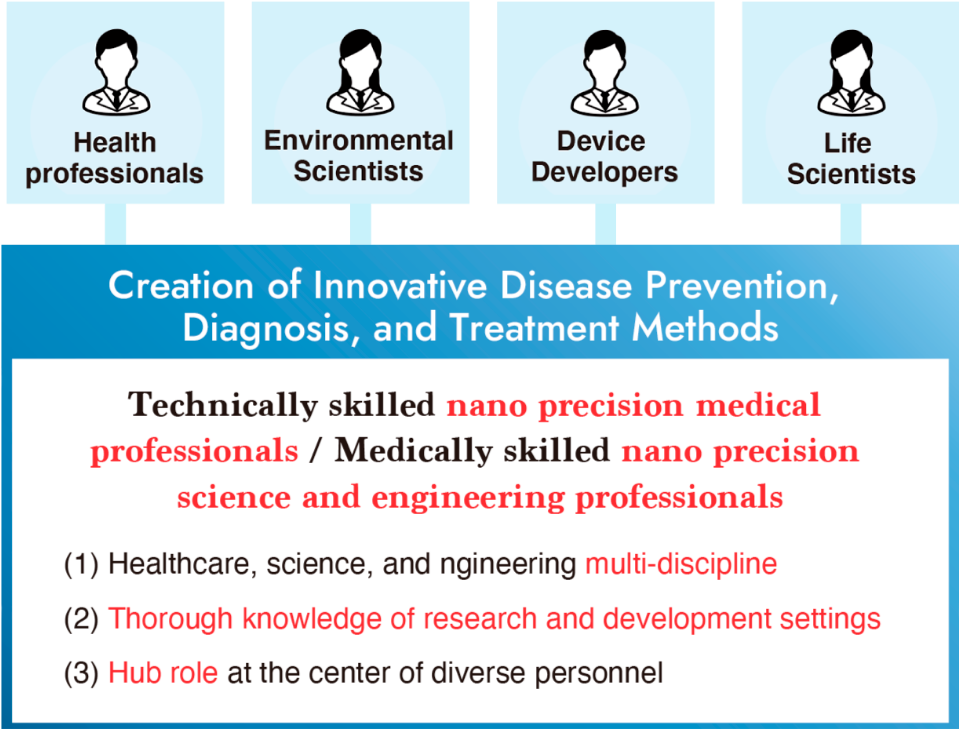
- Profile of individuals to be fostered
-
The Program fosters students to become outstanding researchers with a doctoral degree, highly knowledgeable professionals, who have a high degree of expertise in nano-measurement with the ability to take a comprehensive view to understand various life phenomena at the nano level and creativity for new innovations in nano-precision medicine, science and technology. Further, they should have social implementation skills to disseminate the results to society. Specifically, the Program aims to develop scientists with the following abilities:
i) Professionals with multidisciplinarity in medicine and science and technology who are active beyond existing boundaries such as pharmaceutical health sciences and science and technology;
ii) Specialists who are familiar with the practices at each stage of "prevention, diagnosis, and treatment;"
iii) Highly knowledgeable professionals who play a key role in a group with diverse backgrounds
The Program fosters nano-precision medicine professionals who are strong in technology and nano-precision science and technology professionals who are strong in medicine with these three qualifications. The desired student profile The Program widely recruits students from the 4 Graduate Schools: The Graduate School of Natural Science and Technology, the Graduate School of Medical Sciences, the Graduate School of Advanced Preventive Medical Sciences, and the Graduate School of Frontier Science Initiative and selects students demonstrating the following motivations and aptitudes:
– Those with a strong interest and willingness to study nanoscience and nanotechnology and with basic academic ability in fields related to science, technology, medicine, medical science, pharmacy, pharmaceutical science, health sciences, or other academics;
– Those with a broad perspective and creativity, rich humanity and social skills, high ethical standards, and motivation to solve health problems;
– Those who are interested in the latest scientific and technological trends, want to change society through innovation and new businesses, and aim to contribute to society;
– Those who are not bound by existing structures such as countries, regions, societies and institutions or specialized academic fields but who have a tolerant attitude toward different cultures and other people, as well as having excellent communication skills. They must be multifaceted and logical even in fields with different specialties and be able to engage in cross-cultural exchange activities. - Requirements for completion
-
To complete this program, you must satisfy the course completion requirements set by a relevant graduate school and complete the minimum amount of credits required under this program. Students who satisfy these requirements will be awarded a degree which includes a certification of completion.
Title to be added to the diploma:
– Completion of the WISE Program for Nano-Precision Medicine, Science, and Technology



